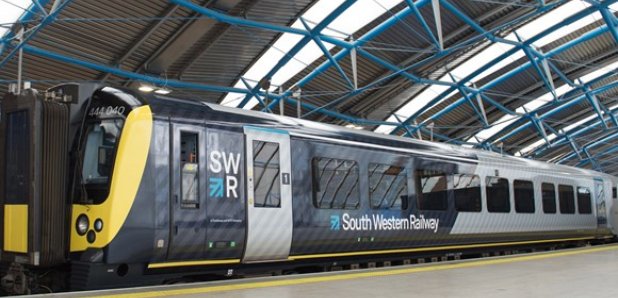Warnings Over New Timetable Rail Disruption In May
8 March 2019, 15:49 | Updated: 8 March 2019, 16:21

Passengers have been warned to expect "teething problems" when train timetable changes adding more than 1,000 extra services to tackle overcrowding come into force on May 19.
The Rail Delivery Group (RDG), which represents train operators and Network Rail, said it had "learned the lessons" from last year's disruption.
Then, schedules crippled large parts of the network in the north and south-east of England.
The RDG said the new services - part of a plan to add up to 6,400 by the early 2020s - are only being introduced where there is "high confidence" that infrastructure, staffing plans and trains would be ready.
Its chief executive, Paul Plummer, said: "The scale of our ambition to improve means that this is a significant challenge.
"While there may be some teething problems, train operators and Network Rail have worked together to carefully assess where new services can be introduced without impacting reliability.
"Many parts of the country are set to benefit this summer from a better service, but where introducing improvements puts reliability at risk, we are rightly taking a more cautious approach."
The summer timetable will include additional peak services between London and Reading, Windsor, Portsmouth and Farnham, as well as additional fast trains from Southend to central London.
There will be more direct services on the West Midlands Railway and London Northwestern Railway from local stations to London, the West Midlands and the North West.
Scotrail will see additional Sunday services between Glasgow, Fort William and Mallaig and faster journeys between Edinburgh, Glasgow, Stirling, Dunblane and Alloa.
Following last May's timetable launch, Govia Thameslink Railway and Northern cancelled up to 470 and 310 trains respectively each day.
Train companies, Government-owned Network Rail and Transport Secretary Chris Grayling have all been blamed for the chaos.
A review by Office of Rail and Road chairman Professor Stephen Glaister called for the industry to improve how information is provided to passengers.
Earlier this year, a Commons report warned rail passengers faced "another difficult year" in 2019 amid more timetable changes and an increase in engineering work.
The Public Accounts Committee claimed there was still "a way to go" before Network Rail and train operating companies collaborated in a way that minimised disruption during infrastructure projects.






















